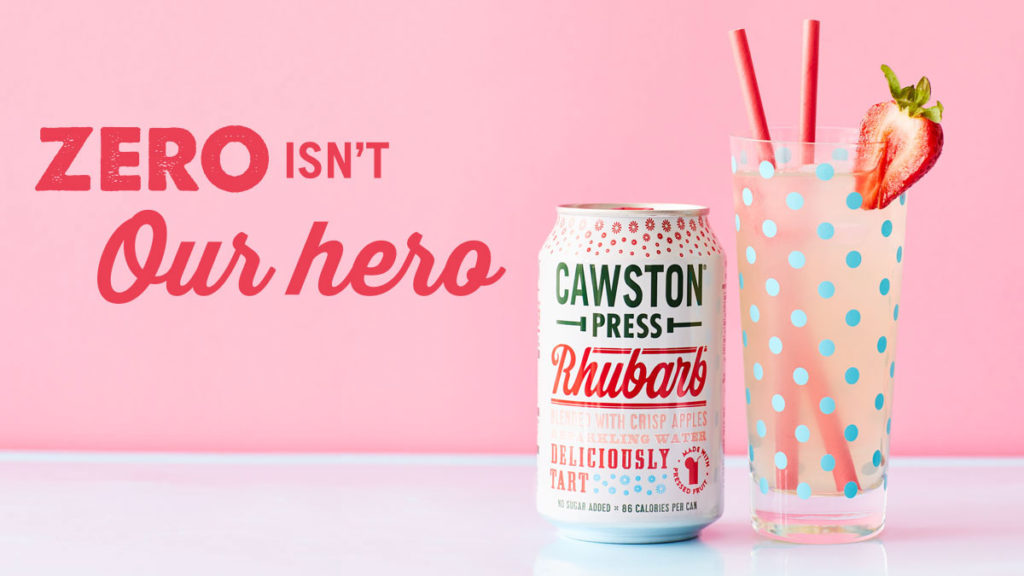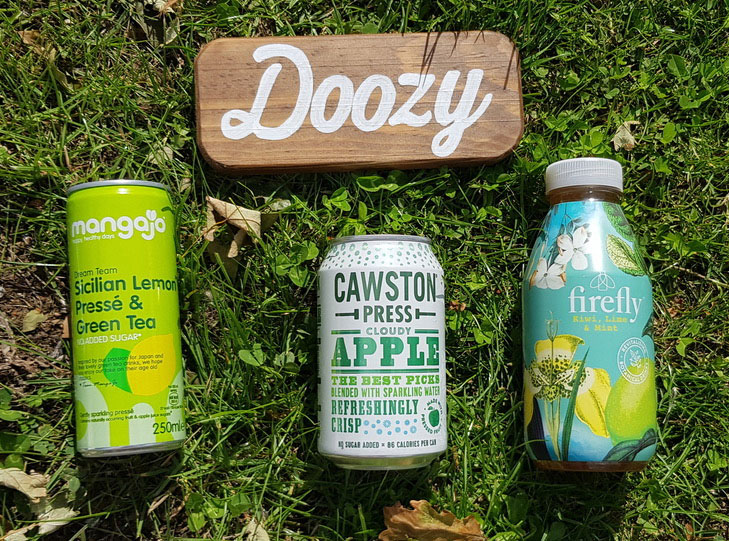The world has gone rather mad for diet drinks. They are portrayed as a guilt-free way to enjoy fizzy drinks without consuming sugar and calories.
Don’t judge a book by its cover, the saying goes. But, can the same be said for diet drinks?
The outside of a diet drink implies low or no sugar and incredibly low calories. A seemingly innocent drink but evidence suggests that the container may not tell the whole story.
 What is a diet drink?
What is a diet drink?
Diet drinks (including the ‘zero drink’ variety) mimic the taste of traditional fizzy drinks, replacing the sugar with artificial sweeteners. This brings down the calorie content which gives us the impression that they are considerably healthier. Because of this, people drink them regularly but studies cannot decide whether this alternative drink is good for you. Limiting the calories does not automatically mean the drink is ‘healthier’.
And calories are not the enemy.
Recently, they have had a bad press. Dieters across the country have set out with a goal to consume fewer calories. The truth is that calories are not bad. Too many calories, however, causes weight gain and is damaging to our overall health. An important part of living a healthy lifestyle is balancing the energy we put into our bodies with the energy we use. This does not mean we have to consume as little calories as possible.
The evidence against diet drinks
Just because something is ‘calorie-free’ doesn’t mean it is an effective weight-loss tool. In fact, some researchers believe that the consumption of artificial sweeteners could even cause weight gain. They suggest this is because our taste buds get used to the sugary taste, resulting in sugar cravings. In addition, studies have found that diet drinks could also affect our habits. If someone is used to sweet tastes, they could end up craving more, both with drink and food. This would counteract the main reason people choose diet drinks in the first place: to lose or maintain weight.
Studies have linked diet drinks to a wide range of medical studies. Worryingly these studies are not conclusive, meaning we could be sipping away unaware of the potential damage. Links between diet drinks and health include heart conditions, metabolic issues, brain conditions and liver problems. It is not understood exactly how diet drinks affect our bodies, but suspicion points at the artificial sweeteners. It is believed that they may damage blood vessels or cause chronic inflammation.
The alternatives
Diet drinks pose no direct health benefits, although limited research suggests that they can help wean people off of sugary fizzy drinks. The good news is that there are numerous alternative drinks available. Drinks with vitamins, a portion of fruit or veg, and even choices for those who need gluten-free. At Doozy, we look beyond the diet drinks we are surrounded by. There is a wide choice of real alternative drinks which don’t feel the need to replace sugar with artificial sweeteners. Examples include the delicious Cawston Press, refreshing Mangajo and tasty Firefly.
In the words of Cawston Press MD, Steve Kearns: “Cawston Press was started because we were frustrated by the lack of good quality soft drinks made from simple, natural ingredients, without the preservatives and artificial nonsense that give fizzy drinks a bad name. We believe people deserve better and that hasn’t changed. Artificial sweeteners just aren’t us and mask the taste of our delicious ingredients. It seems a shame that whilst so many areas of food and drink are moving forward, for the most part soft drinks are still stuck in a time warp. We are proud to be doing things differently and showing other fizzy drinks brands how it should be done.”

The general consensus, from various studies, seems to be that consumption of diet drinks occasionally is not too bad. But the addictive nature of sugary drinks (fake sugar or not) means that people find it hard to stop at one. Therefore, it is clear, that diet drinks should not be seen aa a healthy alternative to standard sugary soft drinks. That doesn’t mean that they should be avoided altogether but it is worth bearing in mind:
- Try an alternative! – The soft drinks market is huge and growing daily. You don’t need to go for a drink with little nutritional value when there is such a huge variety which can offer this.
- Check the labels – It’s good to be aware of what we are putting in our bodies. Look for the natural drinks, those who do not rely on artificial sweeteners.
- Moderation is key – like most traditional drinks, it is worth keeping the consumption of diet drinks to a minimum.

For a vending solution with real healthier alternatives to sugary drinks, contact us today!
Say hello
Get in touch or come for a visit
